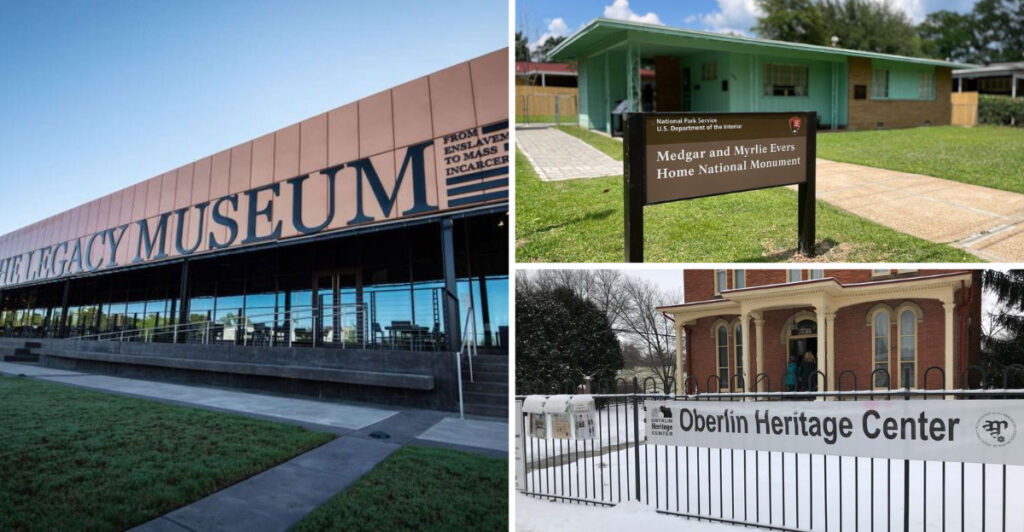Black history is rich and deeply entwined with the American landscape. From hidden gems to lesser-known sites, these landmarks serve as important reminders of the contributions, struggles, and triumphs of African Americans throughout history. This list explores 15 significant yet underappreciated sites that offer a glimpse into the past, urging us to reflect on the stories and experiences that have shaped our nation.
1. African Meeting House, Boston
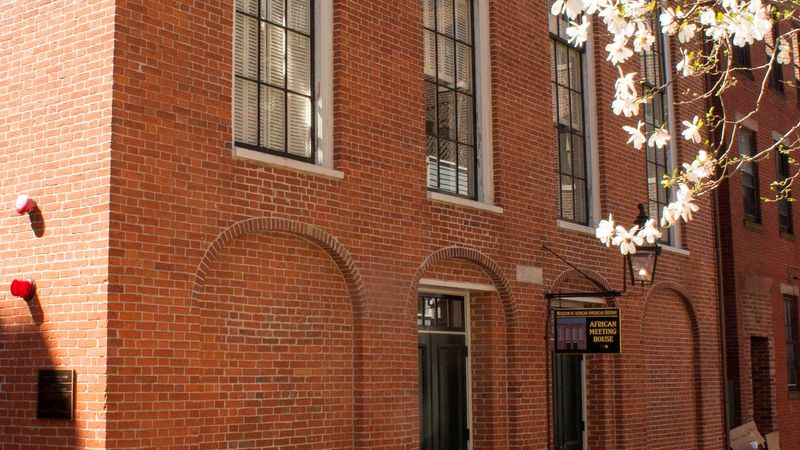
Tucked away in the bustling streets of Boston, the African Meeting House stands as a testament to resilience and community. This remarkable structure, built in 1806, is the oldest surviving black church edifice in the United States. Originally serving as a church, school, and gathering place, it became a hub for abolitionist activity. One can almost hear the echoes of passionate debates and sermons that fueled the fight against slavery. Today, it offers a window into history, inviting visitors to step into its storied halls and imagine the lives and dreams nurtured within these walls.
2. Oberlin Heritage Center, Ohio

In the quaint town of Oberlin, Ohio, the Oberlin Heritage Center preserves a rich tapestry of African American history. Oberlin was a hotbed for abolitionist fervor, and its college was among the first to admit black students. The Heritage Center, with its preserved buildings and engaging exhibits, provides an immersive experience into this vibrant past. Walking through its halls, one can feel the spirit of those who bravely defied norms for justice and equality. It’s a place where history comes alive, connecting us to the enduring legacy of those who sought freedom and education for all.
3. The Legacy Museum, Alabama
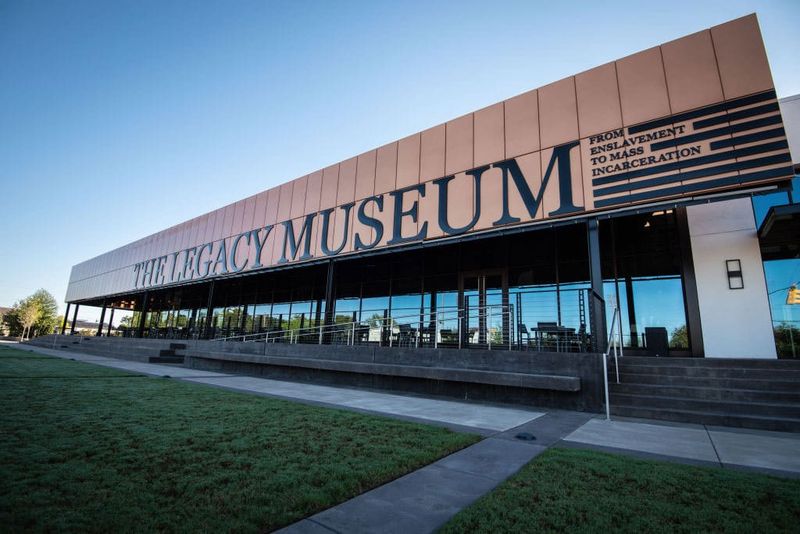
In the heart of Montgomery, Alabama, The Legacy Museum stands as a stark reminder of America’s painful past. Built on the site of a former warehouse where enslaved people were imprisoned, it tells the story of racial injustice. Through powerful exhibits and immersive displays, visitors confront the harsh realities of slavery, lynching, and segregation. Each step through the museum is a journey through time, challenging us to reckon with the legacy of racism. It’s more than a museum; it’s a call to action, urging reflection and change. The Legacy Museum is an essential stop for understanding U.S. history.
4. Freedmen’s Town, Houston
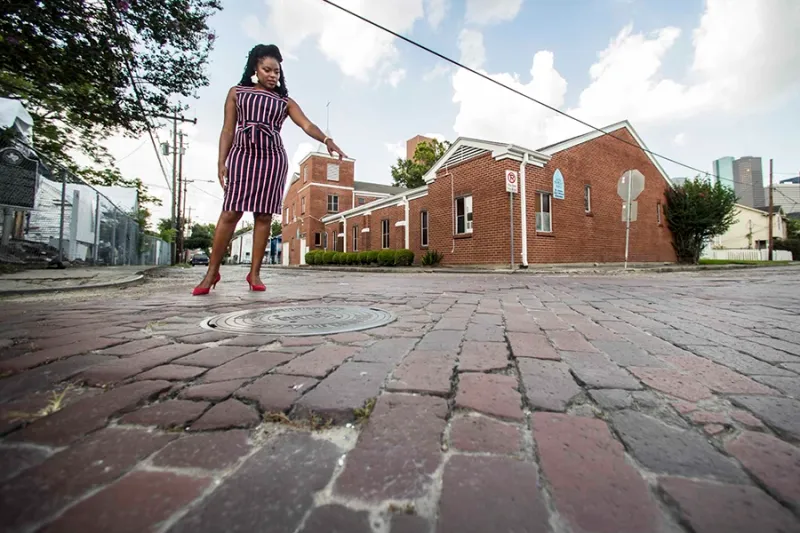
Nestled in the heart of Houston, Texas, Freedmen’s Town is a living monument to African American perseverance post-emancipation. Established by freed slaves in the 19th century, this vibrant community built homes, churches, and businesses from the ground up. The historic brick streets and structures tell stories of determination and resilience. Walking these paths, one senses the pulse of a thriving community against all odds. Despite urban encroachment, efforts continue to preserve this area as a testament to the self-sufficiency and spirit of its founders. Freedmen’s Town remains a beacon of pride and heritage.
5. Medgar Evers Home, Mississippi
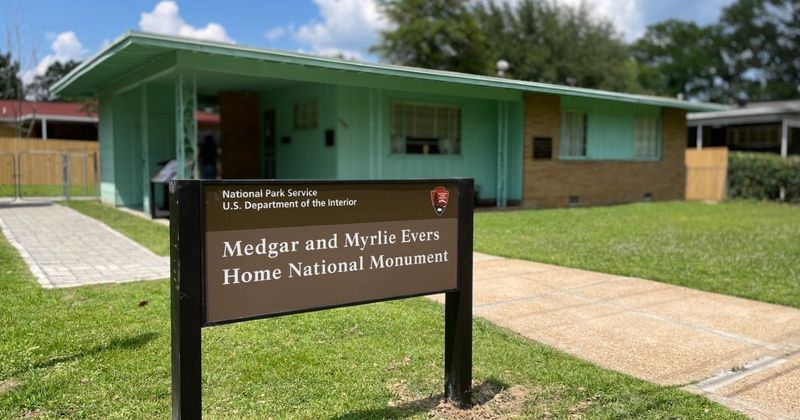
In Jackson, Mississippi, the Medgar Evers Home offers a poignant glimpse into the life of a civil rights hero. It was here that Evers, an NAACP field secretary, and his family lived during the turbulent 1960s. Tragically, it’s also where he was assassinated in 1963. The modest home, now a museum, stands as a powerful reminder of his sacrifice and unwavering commitment to justice. Visitors can explore the rooms where plans for equality took shape, feeling the weight of history within its walls. This landmark honors Evers’ legacy and inspires continued fight for civil rights.
6. Nicodemus National Historic Site, Kansas
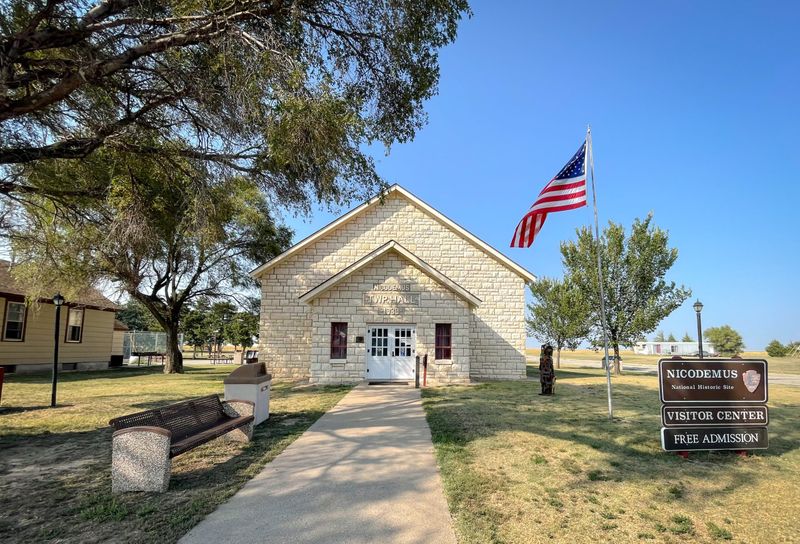
On the vast prairies of Kansas lies Nicodemus, a town founded by African Americans seeking freedom and opportunity post-Civil War. Established in 1877, Nicodemus represents the pioneering spirit and determination of its settlers. The Nicodemus National Historic Site preserves this legacy, showcasing buildings and artifacts from the town’s peak. Visitors can walk through history, exploring the resilience and independence that defined this unique community. Nicodemus stands as a symbol of African American self-determination and perseverance, reminding us of the diverse narratives that enrich the American story.
7. Weeksville Heritage Center, Brooklyn
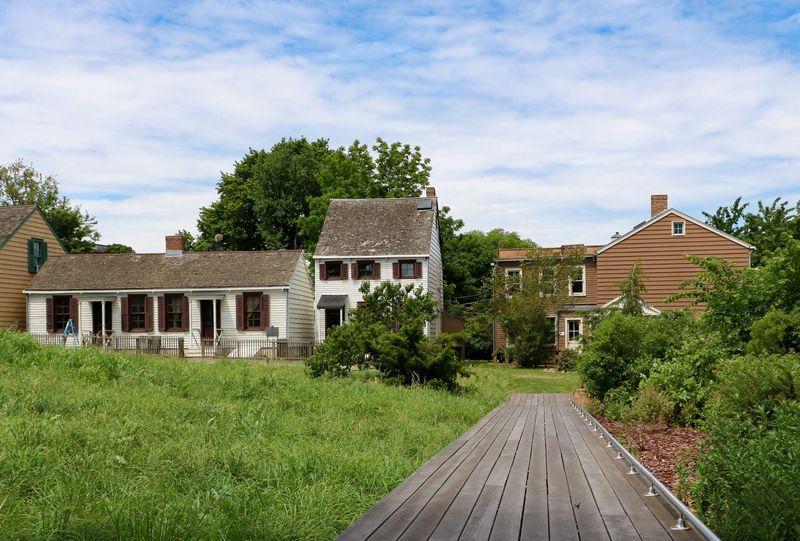
In the lively borough of Brooklyn, New York, the Weeksville Heritage Center preserves the legacy of one of America’s first free black communities. Founded by African American entrepreneurs in the 1830s, Weeksville thrived as a self-sufficient village. The Heritage Center’s preserved homes and exhibits tell stories of innovation and resistance. Visitors can step into the past, exploring the everyday lives and aspirations of Weeksville’s residents. This historic site serves as a beacon of empowerment and community resilience, highlighting a lesser-known chapter of New York’s diverse history.
8. Dooky Chase’s Restaurant, New Orleans

In the heart of New Orleans, Dooky Chase’s Restaurant is not just a place to savor Creole cuisine; it’s a cultural landmark. Founded by Edgar “Dooky” Chase Jr. and his wife Leah, this establishment became a meeting spot for civil rights activists in the 1960s. Within its vibrant walls, strategies for change were cooked up alongside gumbo and fried chicken. The restaurant remains a beloved institution, blending culinary excellence with a rich history of social activism. Patrons are not only treated to delicious meals but also a taste of New Orleans’ rich cultural tapestry.
9. National Great Blacks in Wax Museum, Baltimore
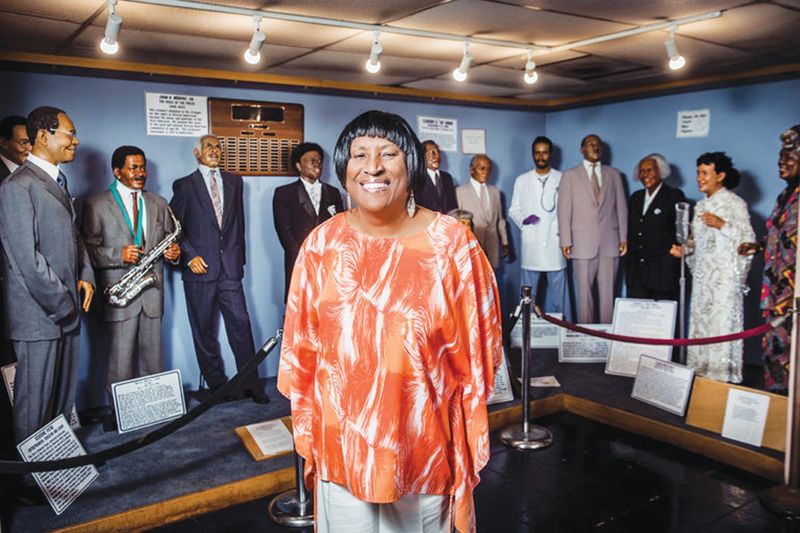
In Baltimore, Maryland, the National Great Blacks in Wax Museum offers an educational and immersive experience unlike any other. This unique museum features over 150 life-sized wax figures, bringing to life the achievements and struggles of prominent African Americans. From political leaders to cultural icons, each figure tells a story of resilience and impact. Visitors are invited to walk through a timeline of history, engaging with the figures and narratives that have shaped the African American experience. It’s a journey through time, honoring the legacies of those who paved the way for future generations.
10. St. Augustine’s University, North Carolina
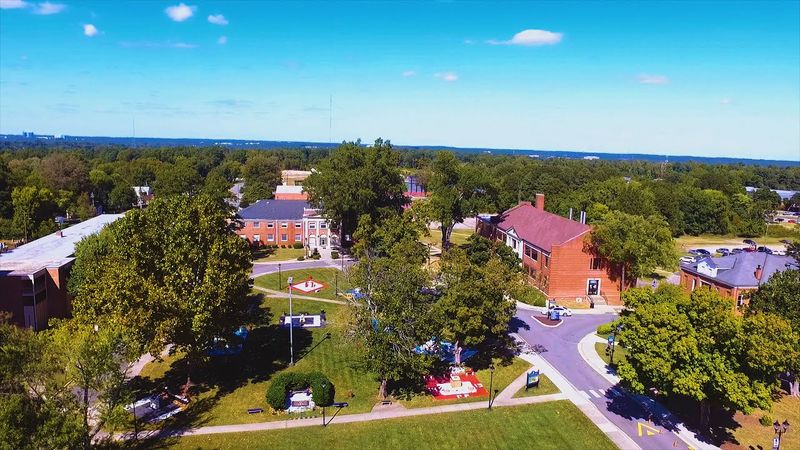
Nestled in Raleigh, North Carolina, St. Augustine’s University holds a significant place in black educational history. Founded in 1867, it empowered newly freed slaves through education and opportunity. The university’s Gothic Revival architecture and lush campus provide a backdrop for a legacy of learning and leadership. Walking its grounds, one can reflect on the countless students who have walked these paths, driven by dreams of a better future. St. Augustine’s continues to inspire, nurturing new generations of leaders and change-makers. Its rich history is a testament to the transformative power of education.
11. John G. Riley Center & Museum, Florida
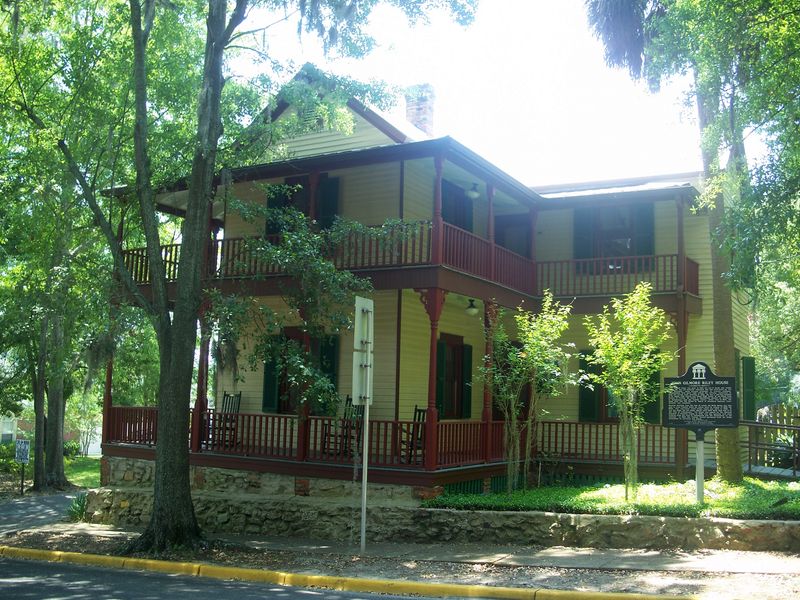
In Tallahassee, Florida, the John G. Riley Center & Museum transports visitors back to a pivotal time in African American history. Housed in the former home of John Gilmore Riley, a prominent educator and civic leader, the museum preserves African American history in Florida’s panhandle. The charming wood-frame house offers a glimpse into Riley’s life and era, filled with artifacts and stories. Visitors can explore the rich cultural heritage and contributions of black Floridians. This museum stands as a beacon of education and remembrance, celebrating the enduring legacy of a community leader.
12. Whitney Plantation, Louisiana
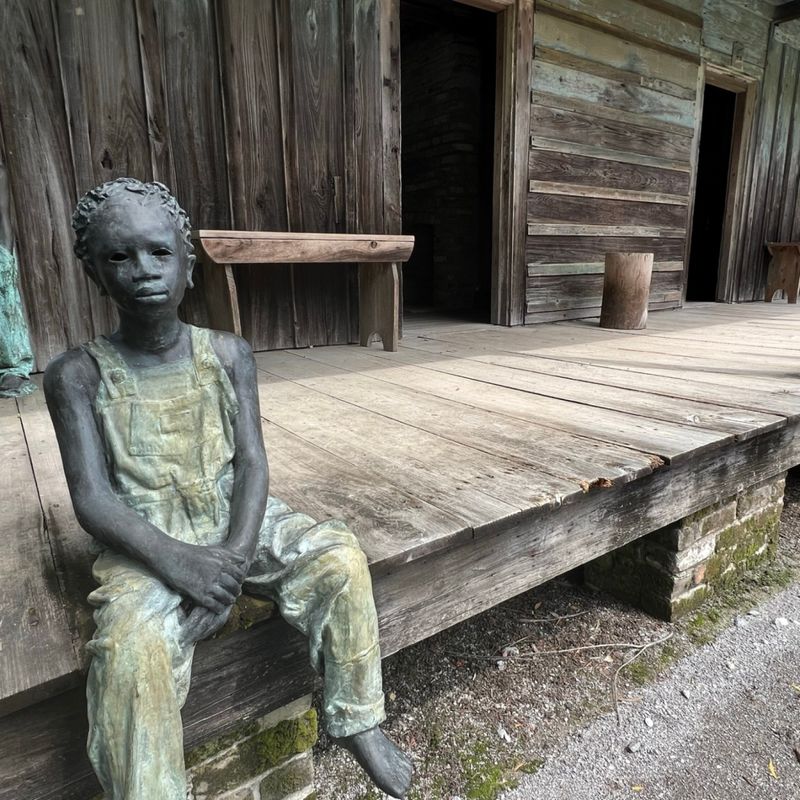
Standing as a solemn reminder of one of America’s darkest chapters, the Whitney Plantation in Louisiana offers a unique perspective on slavery. Unlike other plantations, it focuses on the lives of the enslaved, featuring original slave cabins, memorials, and narratives. Walking through the grounds, visitors are immersed in the haunting yet essential stories of those who lived and toiled here. The Whitney Plantation serves as a vital educational site, challenging us to confront history with empathy and understanding, and ensuring that the voices of the past are not forgotten.
13. Civil Rights Institute, Birmingham
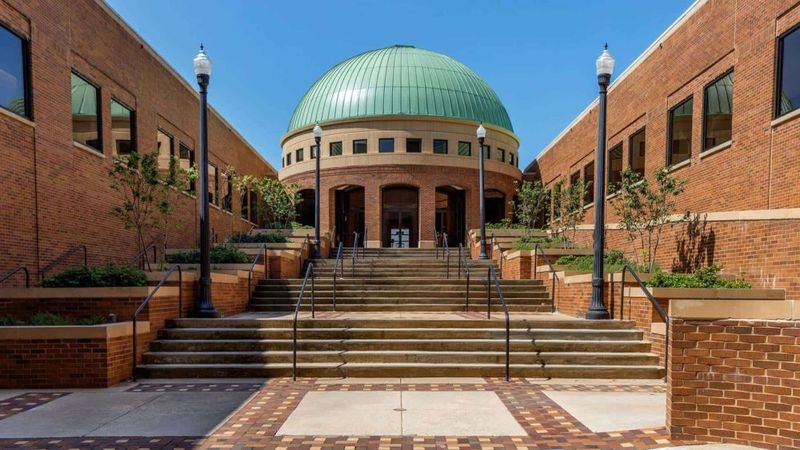
In Birmingham, Alabama, the Civil Rights Institute stands as a beacon of hope and progress. This modern museum offers an interactive journey through America’s civil rights struggle. Exhibits detail the harsh realities of segregation and the triumphs of the movement that fought against it. Visitors are transported to pivotal moments in history, feeling the tension and triumph of those who changed the course of the nation. The Institute serves not only as a museum but as a reminder of the ongoing quest for equality and justice, inspiring future generations to continue the fight.
14. Freedom Rides Museum, Montgomery
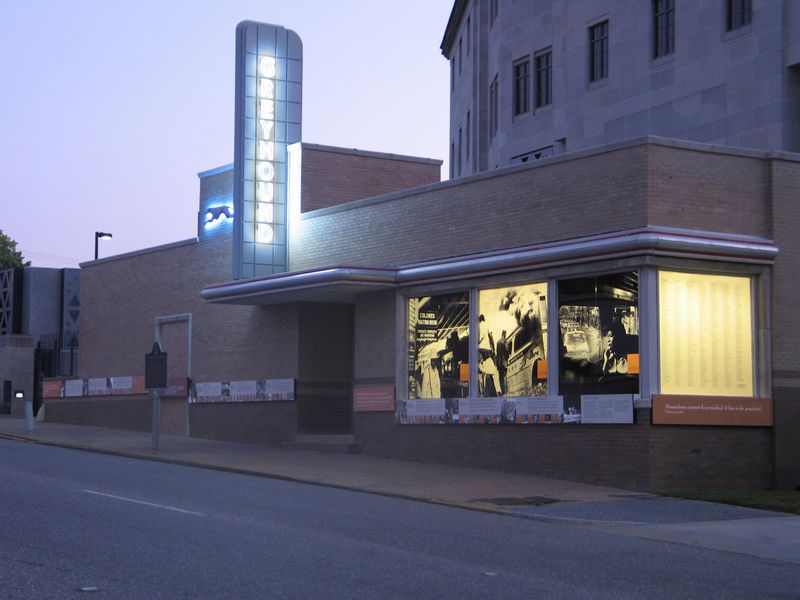
In the heart of Montgomery, Alabama, the Freedom Rides Museum commemorates a defining moment in civil rights history. Housed in the former Greyhound bus station, it marks the site where Freedom Riders were attacked in 1961. The museum’s exhibits recount the bravery of those who boarded buses to challenge segregation across state lines. Visitors can walk through history, feeling the courage and determination of these young activists. The Freedom Rides Museum stands as a testament to their legacy and the ongoing fight for equality, urging us to remember and learn from the past.
15. Fort Mose Historic State Park, Florida
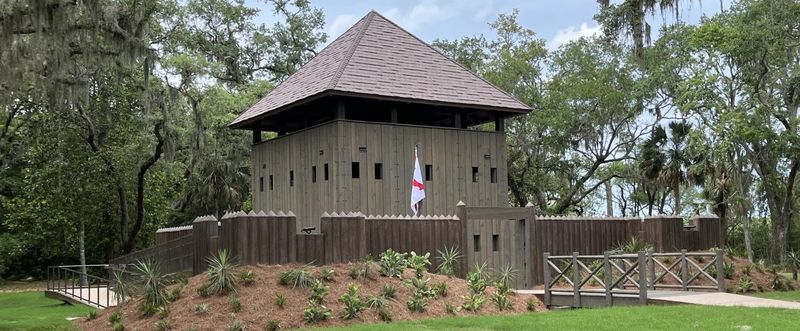
Nestled near St. Augustine, Florida, Fort Mose Historic State Park whispers tales of courage and community. Established in 1738, Fort Mose became North America’s first free black settlement, a sanctuary for those escaping enslavement.
Imagine the bravery of those who crossed vast terrains to find freedom here. The site, now a lush park, preserves remnants of its past, offering a vivid glimpse into history.
A visit to Fort Mose is more than a historical journey; it’s an emotional connection to a legacy of hope and resilience. Experience the spirit of those who dared to dream.

